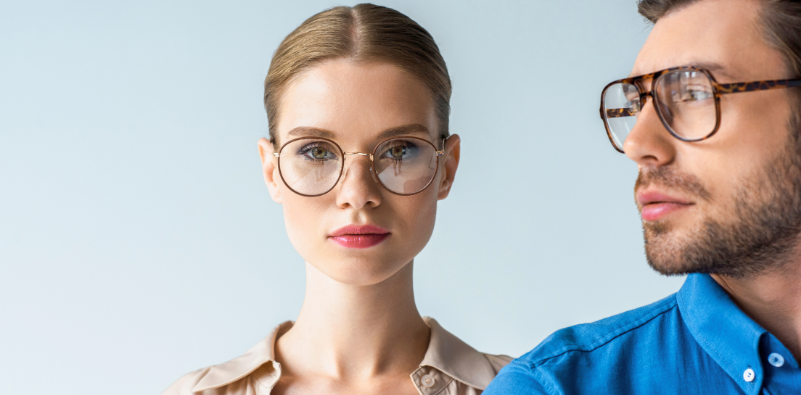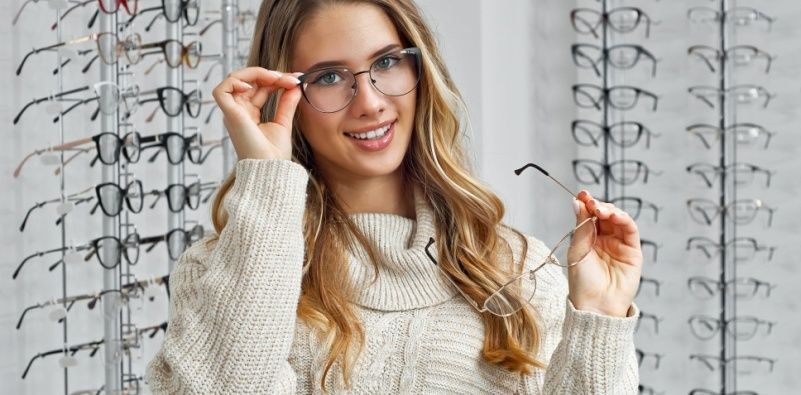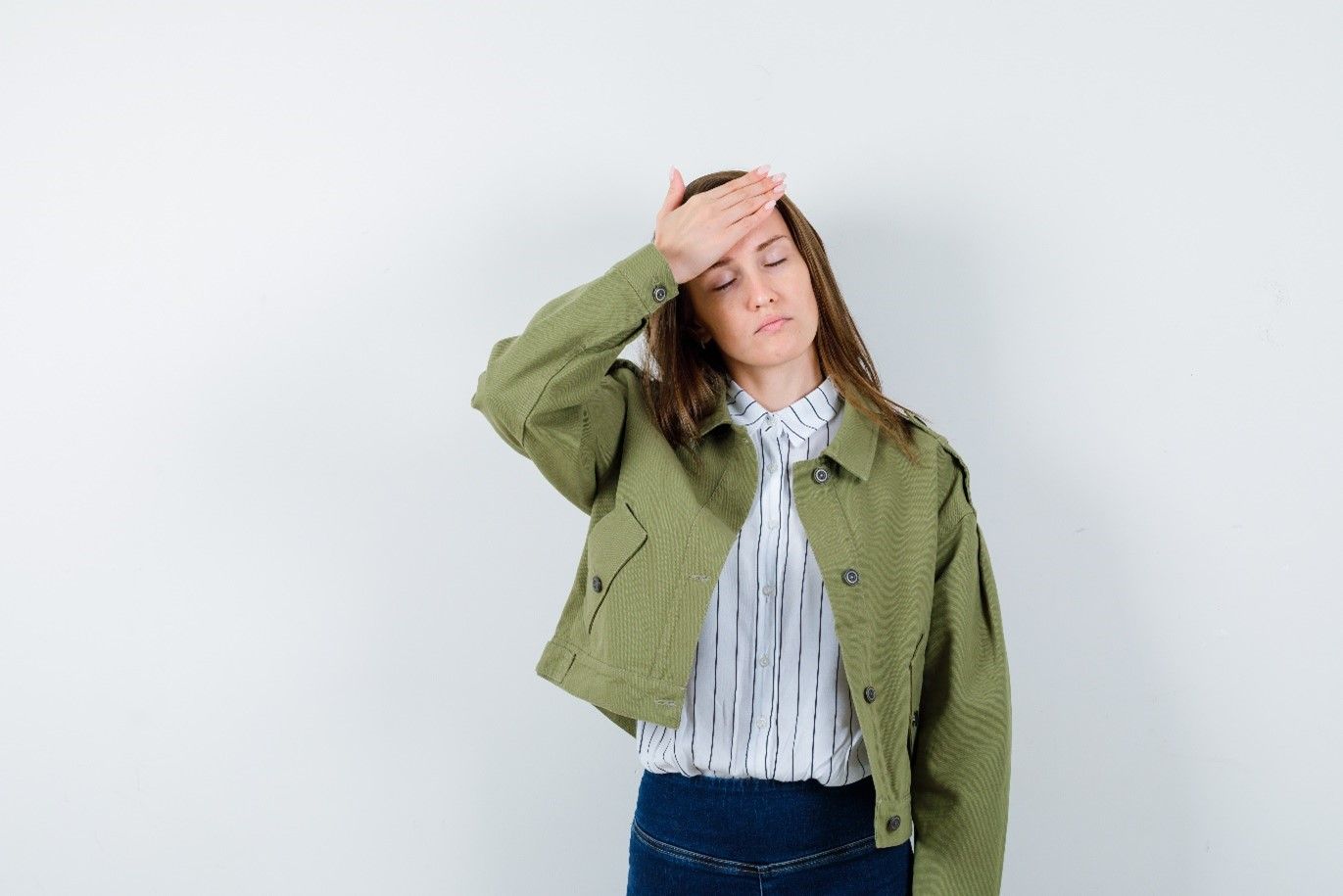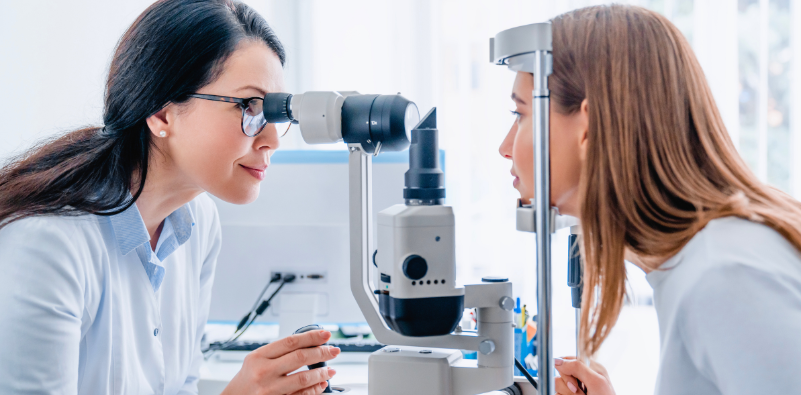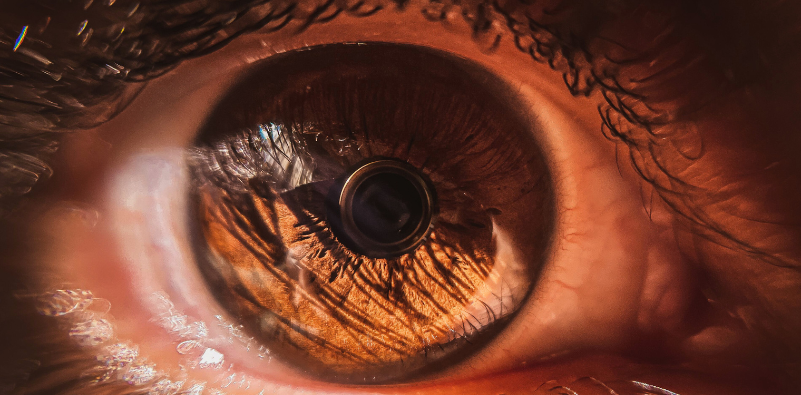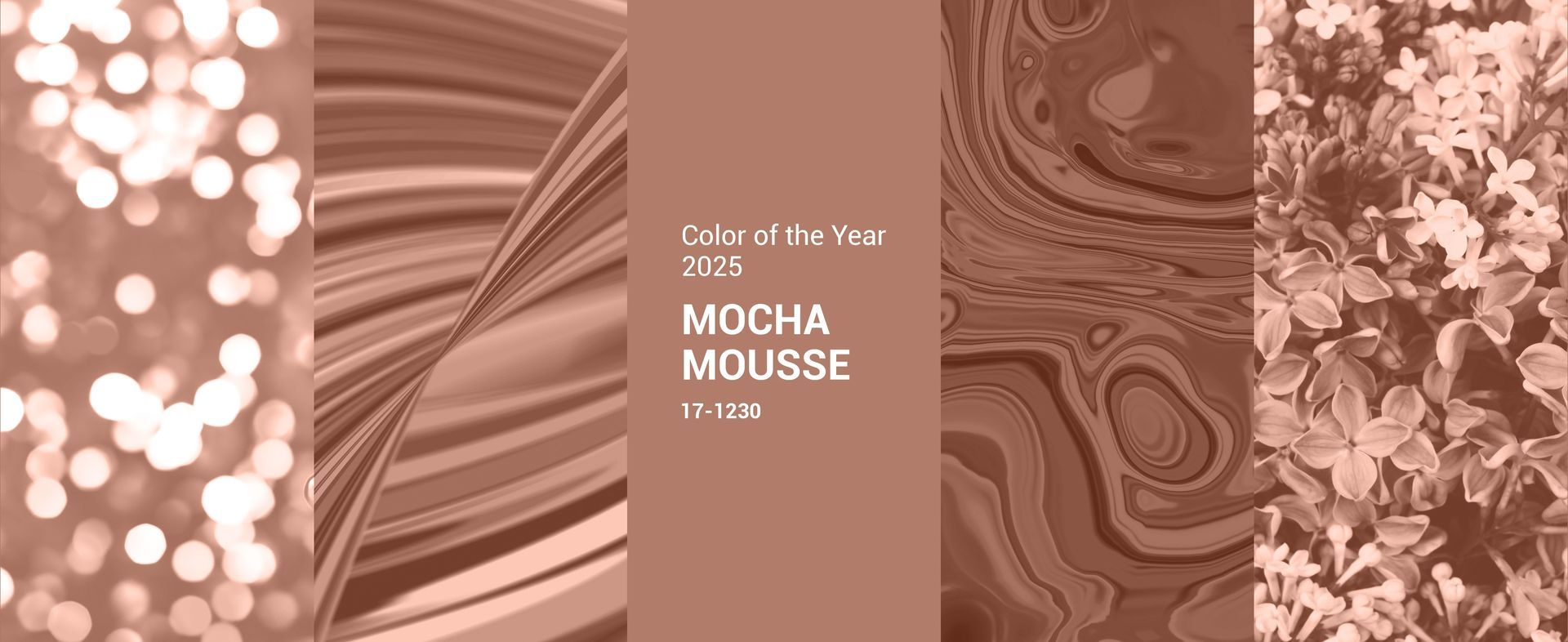Why It’s Important for Children to Have Regular Eye tests
Did you know that more than 50% of sight loss is preventable if you have regular vision tests?
This is also true for children.
In a survey of 1,200 parents, 25% had never taken their school-age children for an eye test. This means that children are at risk of sight damage from a preventable issue. If diagnosis of visual problems , such as amblyopia (lazy eye) is delayed, treatment is much less effective.
The survey showed that one of the main reasons their child didn’t have an eye test before starting school was due to the belief they thought their child would receive an eye test at school.Some schools do offer eye screenings,though increasingly not all schools offer them anymore. When a school does offer eye screening it is less comprehensive than the eye test provided by a qualified optometrist. The eye examination performed at an optician can result in a earlier diagnosis and better outcome for any possible treatment.
Undiagnosed vision problems can start to affect your child’s education. A common sign that your child requires an eye test is poor performance at school. They may not enjoy school as they may not be able to read what’s on the board, participating poorly in P.E due to lacking hand-eye coordination skills and struggling to identify colours, numbers and letters. This can set them behind in comparison to their peers. If left, it could lead to your child showing disruptive behaviour and not listening to the teacher.
Often parents don’t get their child’s eyes tested as their children haven’t indicated that they were having any problems with their eyesight. Many children will not realise that they have any issues with their vision. When they are young they don’t have anything to compare their sight to, therefore they won’t realise how clear their sight is meant to be or if their vision is blurry. Some telltale signs of possible vision problems may include squinting, sitting to close to the television, clumsiness and poor performance in sport.
Early and regular eye tests are the only sure way to help prevent avoidable permanent damage. In a recent study, ‘The Association of Optometrists’ (AOP), surveyed over 1200 practising optometrists, they found that;
- 74% of the optometrists had seen children within the past year whose vision problems could have been treated more successfully had they been diagnosed earlier.
- Of these, 89% had diagnosed cases amblyopia in the past year that could have received more successful treatment had the problem been spotted sooner.
At Harrolds, we recommend that your child receives an eye test once a year or earlier if recommended by the Optometrist. This will ensure that your child’s eyes are protected from any vision problems that may start to develop. If you haven’t taken your child for an eye test yet, or you think or your child is due one, book one at your local Harrold’s branch today!
Click here to book a FREE eye test!

